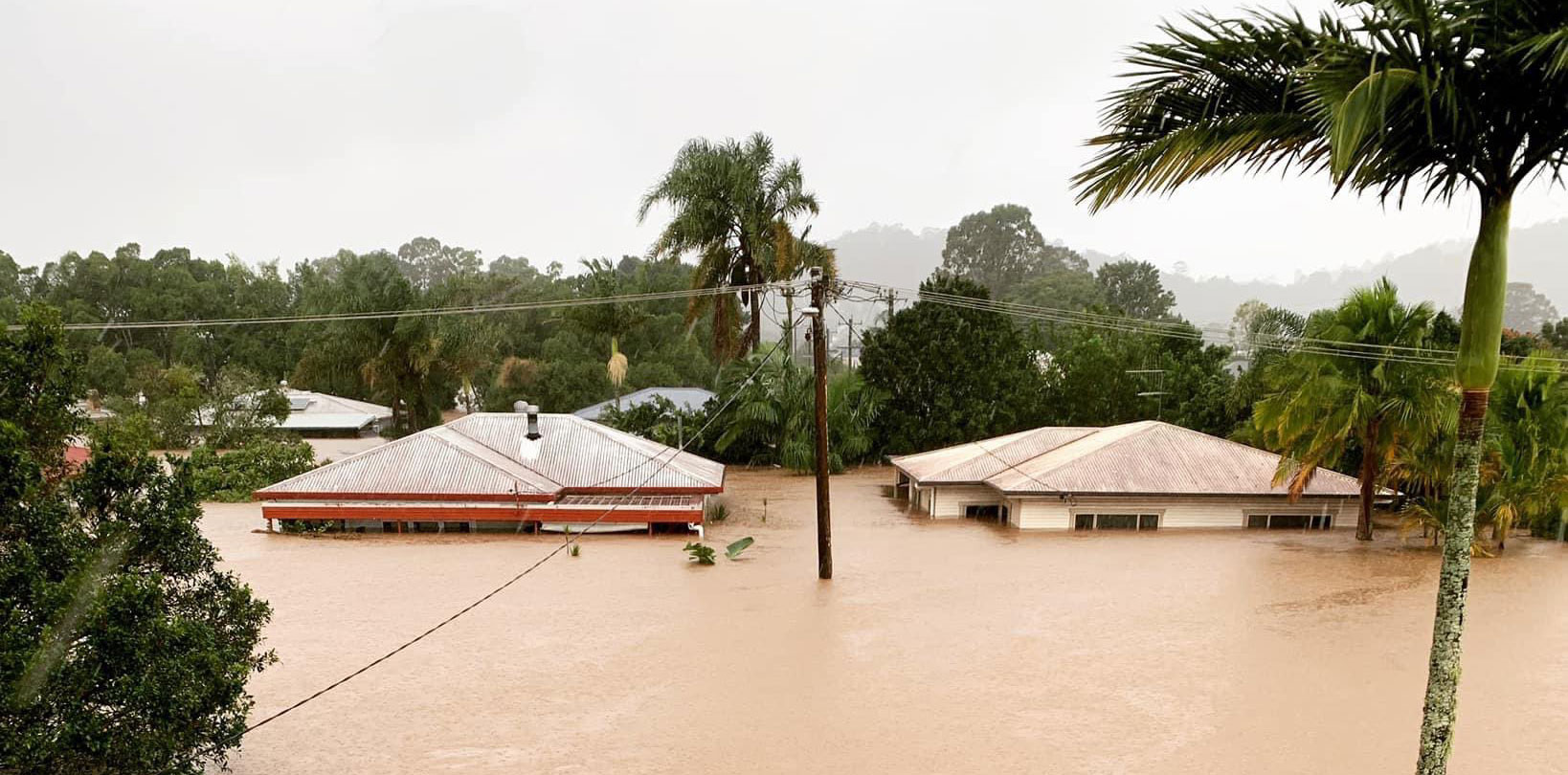The pressure on healthcare systems ramps up after floods, including an increased risk of hospitalisation.
Natural disasters have a profound effect on the long-term health of affected populations, according to a new Australian-led study.
The study authors, led by Monash University, analyed over 300 million hospitalisations in eight global regions prone to flooding and found an increase in risk of 26% of all diseases that would warrant hospitalisation.
The pressure on healthcare systems as a result of floods has been commonly expressed by many rural health bodies, with many viewing the recent study as great piece of formal validation to their concerns.
“It’s always lovely to see research that backs up what you observe when you’re a GP at the coalface when these things happen around you,” Dr Michael Clements, rural chair for the RACGP, told TMR.
“It shows that all-cause mortality goes up, showing that the way that we as people and humans interact with our environment also has an impact on our physical and mental health and has longstanding implications.”
“When you’re in the midst of recovery and disaster recovery, you can’t collect the data. You’re too busy to start doing surveys.”
Media attention is also a commonly touted issue surrounding healthcare for flood-prone regions, with critical media attention initially helping to generate national support but dissipating typically within three weeks.
This is why the study is being praised by rural bodies as it allows for a more permanent basis for investment calls into affected regions’ healthcare systems.
“That’s why this data is so wonderful to see in black and white, and it has used many countries’ evidence and given us a lot more evidence behind our request for the government to step up into this space,” Dr Clements told TMR.
Related
Now after the release of the budget which many rural bodies claimed was not supportive enough to address issues facing rural healthcare, many are promoting the study as a reason for serious government investment.
“The election really hasn’t been focusing on the rural and remote voices,” said Dr Clements.
“It really hasn’t been any major policy announcement that focuses on the health disparity, the shortened life expectancy that the poor access to care that our remote communities are suffering.
“We can’t just wait for a disaster to then send in health resources in response, we actually need a national workforce plan that focuses on rural communities.”
Support for disaster preparation and response is a key area for funding calls, with climate change predicted to worsen the floods scene in affected rural areas.
“We’ve got to be able to prepare for it, we’ve got to have that,” Dr Rod Martin, president of ACRRM, told TMR.
“Everyone’s got their eye on the disaster ball when it comes to making sure that we’ve got mitigation if it does happen.
“But also we’ve got to have some very deliberate policy settings to be able to support rural practices when it does happen, because it’s happening more frequently.”




